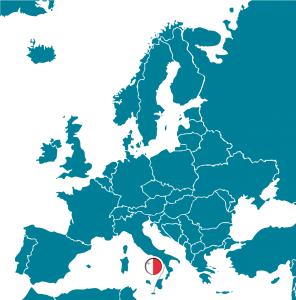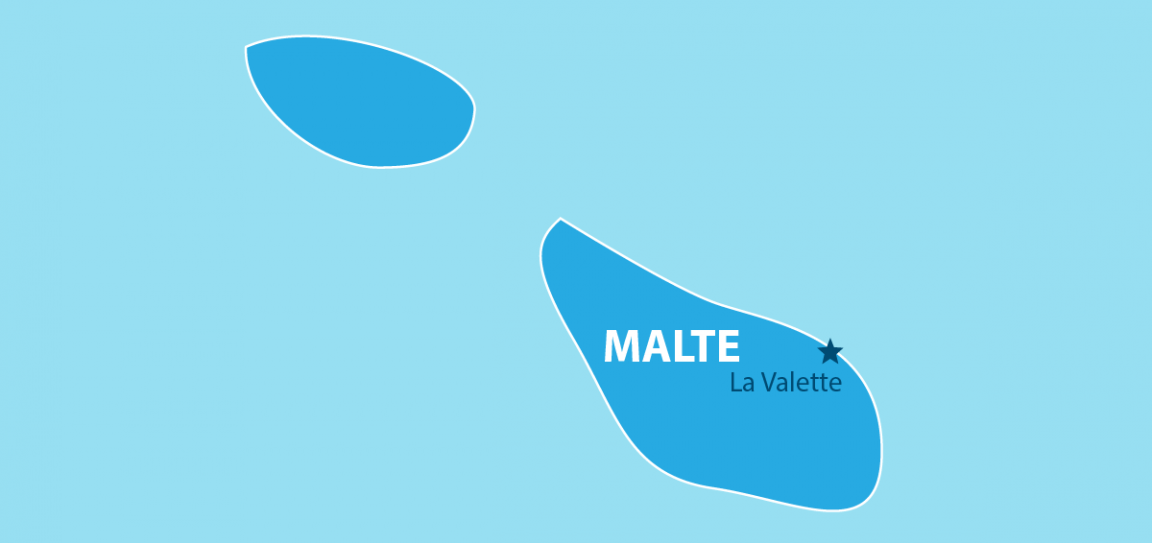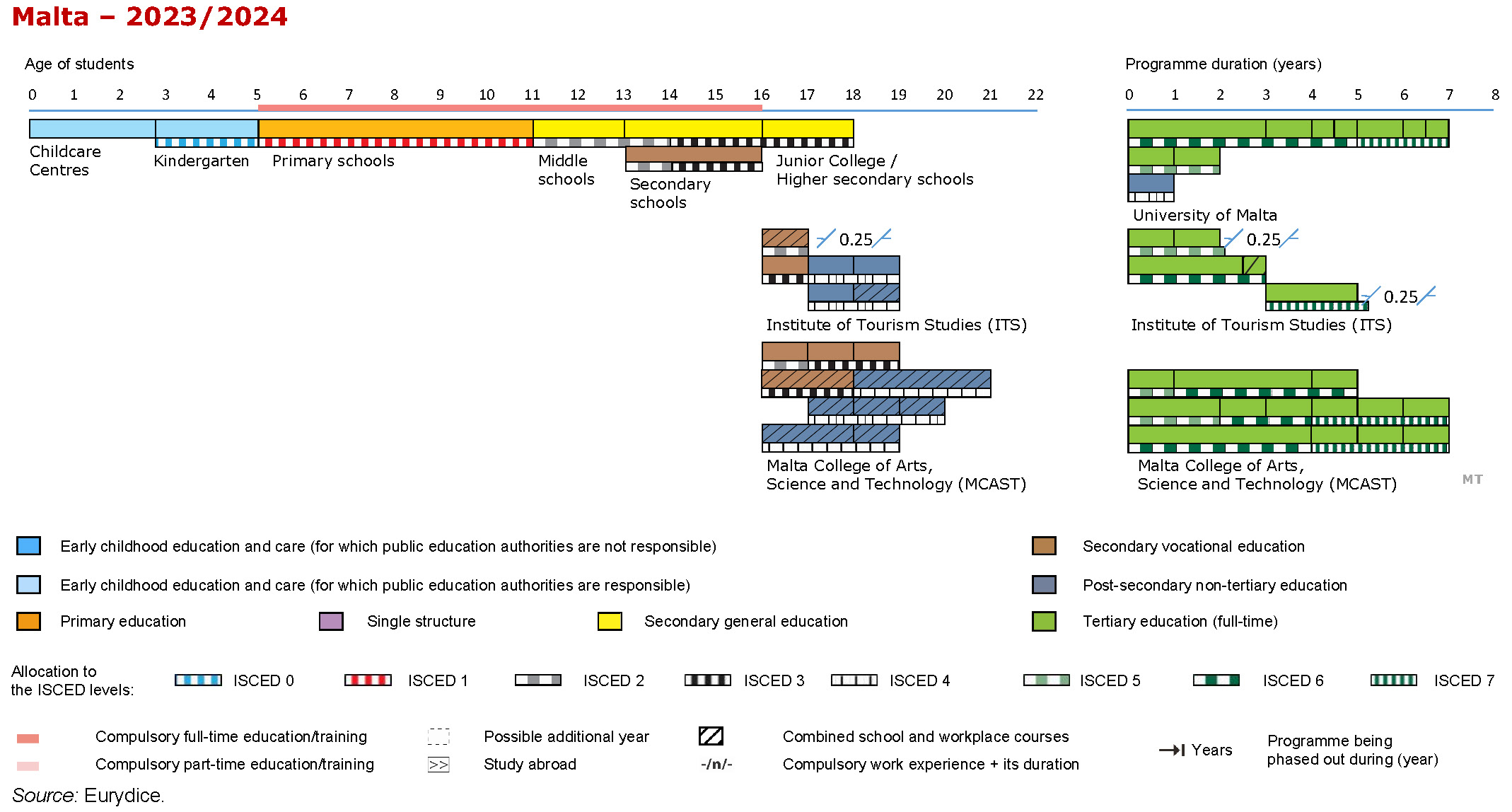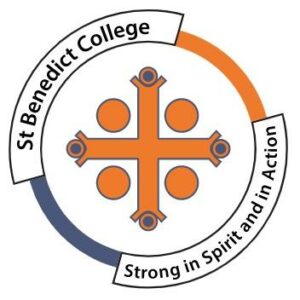Malta
Presentation of the country
Country profile
Parliamentary Republic
Public holidays: 21 September
Official languages: Maltese and English
Area code: 356
Capital: Valletta
Surface area: 316 km²
Population: 518 536
Date of EU accession: 2004
Growth rate: 6.9
Unemployment rate: 3.2
Source: https://eacea.ec.europa.eu


The Educational System

Principal characteristics of the education system
In Malta, responsibility for the education system lies with the Ministry of Education, Sports, Youth, Research and Innovation (MEYR). Education is provided by state, religious (mainly Catholic) and independent schools. The government’s education policy is based on two main principles: equity and quality. This commitment is reflected in an inclusive policy at all levels of education and the provision of free education from early childhood education and care to higher education in state schools, with the exception of students from non-EU/EEA countries. The state subsidises religious schools, which do not charge tuition fees, and gives tax breaks to parents whose children attend independent schools.
The Maltese education system is largely centralised due to the size of the country. However, since the creation of the college system in 2005, some decentralisation has been introduced. Primary, secondary and grammar schools in the college system are managed by college headmasters and the board of governors. Funds are managed by the central authorities through the college headmasters, as is the curriculum, which is developed by the curriculum management department. However, the school management team can initiate projects and programmes related to the ethos of their school. It can also decide on professional development topics for educational staff.
Compulsory education in Malta runs from age 5 to 16 and is regulated by the Directorate for Quality and Standards in Education (DQSE) within the Ministry of Education, Sports, Youth, Research and Innovation (MEYR). Compulsory education comprises an 11-year programme (ages 5 to 16), with the first 6 years covered by primary education.
The majority of pupils attend mainstream education, with only a small percentage attending resource centres (for children with severe disabilities). The policy of inclusion requires a range of learning programmes to be offered in mainstream schools to meet the needs of pupils. These programmes include:
• Individual Learning Programmes (ILPs) for pupils with special needs and support from Learning Support Educators (LSEs) and Inclusive Coordinators ;
• Supplementary education programmes in primary schools and Princes Trust XL, the main curriculum programme, the Alternative Learning Programme (ALP) in the secondary cycle for pupils who need remedial support;
• Maltese and English language induction programmes for foreign students and third country nationals;
• Ethics programme for pupils of different religions and beliefs in primary and secondary education;
Individual Learning Programmes (ILPs) for pupils with special needs and support from Learning Support Educators (LSEs) and Inclusive Coordinators ;
• Supplementary education programmes in primary schools and Princes Trust XL, the main curriculum programme, the Alternative Learning Programme (ALP) in the secondary cycle for pupils who need remedial support;
• Maltese and English language induction programmes for foreign students and third country nationals;
• Ethics programme for pupils of different religions and beliefs in primary and secondary education;
At primary level, Personal, Social and Professional Development (PSCD) courses cover topics in preparation for vocational education at secondary level. Pupils in Year 6 have the opportunity to choose their first foreign language, which they will continue to study until the end of Year 11. Maltese and English are the main subjects throughout the 11 years of compulsory education. In addition, at the end of Year 8, students choose two further subjects, which may include a vocational subject. Work shadowing opportunities are offered in Year 10 to give students the opportunity to experience the working environment to help them in their career choice and to ease the transition process.
At the end of Year 11, pupils sit the Secondary Education Certificate (SEC). Pupils can then continue their studies at post-compulsory educational establishments by opting for a vocational or academic route.
From October 2017, all educational provision throughout the compulsory school years will aim to achieve the learning outcomes set out in the Learning Outcomes Framework (LOF). The LOF has been developed from the National Curriculum Framework (NCF) (2012) and is aligned with the four objectives of the Education Strategy Framework for Malta 2014-2024. It also reflects the values expressed in the Respect for All Framework and the recommendations of the Education for All Review. The latter policy document provides the basis for the education community to help learners achieve these goals and lead to greater curricular autonomy for colleges and schools and meet the learning needs of all students. The post-compulsory institutions, namely the Institute of Tourism Studies (ITS) and the Malta College of Arts, Science and Technology (MCAST), offer vocational education from the Malta Qualifications Framework (MQF) (levels 1 to 6), which is in line with the European Qualifications Framework. MCAST is divided into 3 colleges, namely Foundation College, Technical College and University College, to answer the diverse needs and aspirations of students.
The Junior College offers formal post-secondary university education and is part of the University of Malta. It offers a two-year course specifically designed for prospective university students who are prepared for the Leaving Certificate in accordance with the University’s general entry requirements. Students can choose from a wide range of subjects and are required to take two advanced subjects, three intermediate subjects and the knowledge systems. As the College is part of the University of Malta, students can familiarise themselves with the university campus. There is a healthy interaction between the Junior College and university students who collaborate on cultural projects such as concerts, theatre, sports, student exchanges, debates, seminars, etc.
State upper secondary schools and private upper secondary schools also offer academic courses leading to the school-leaving examination.
Students in full-time post-secondary and higher education up to undergraduate level are eligible for financial assistance in the form of an annual grant and an allowance paid every four weeks. This aid helps to cover part of the student’s tuition fees and is granted regardless of the family’s financial situation.
Continuing education courses for adults are offered during the day and in the evening at public and private educational establishments. Some courses are organised in collaboration with local councils to facilitate access for adult learners. Courses cover a wide range of vocational and academic subjects leading to formal qualifications or personal development.
Different levels in the education system
Early childhood education and care, available for children aged 3 months to 2 years 9 months, is provided in centres run by public and private entities. Since April 2014, families where both parents are working full-time or part-time or studying have been entitled to free childcare. Children aged 2 years and 9 months to 5 years attend nursery classes run by state, religious and independent schools.
Compulsory education lasts for 11 years and covers the ages from 5 to 16. It is divided into two cycles: primary education (ages 5 to 11) and secondary education (ages 11 to 16), which includes collèges (ages 11 to 13) and lycées (ages 13 to 16). Around 50% of pupils in compulsory education attend state schools, 36% attend religious schools and around 14% attend public schools.
The primary school education comprises a 6-year programme covering general and vocational subjects. Pupils are divided into two years and take the national benchmark assessment at the end of primary school in year 6 to determine their level of education.
Since 2014, co-education has been introduced in the secondary cycle. The gradual introduction of middle schools (from 11 to 13 years old) ensures that smaller school communities allow for greater individual attention and a more caring environment that fosters better student-teacher relationships. Parental involvement is encouraged to avoid disengagement. The programme addresses both general and vocational skills.
All secondary schools (aged 13 to 16) offer general education courses and options for pupils who wish to follow a vocational pathway. At the end of secondary education, students receive a Secondary School Certificate and Profile (SSC&P), which recognises formal, non-formal and informal education. Students can sit the SEC examinations, which are a prerequisite for access to many of the programmes available at upper secondary and post-secondary level.
After compulsory education, students can choose to follow a general or vocational post-secondary course (from age 16 to 18). General education programmes and some vocational programmes are designed to lead to higher education. The main post-secondary institutions are the Junior College Malta, the Malta College of Arts, Science and Technology (MCAST) and the Institute of Tourism Studies (ITS), the latter offering hospitality courses.
The University of Malta (UoM), also an autonomous institution, offers general higher education programmes from certificate and undergraduate to doctorate level. Higher vocational education is provided by the MCAST University College. It is envisaged that ITS will also start offering degree courses. Private organisations also offer post-secondary and higher education.
For further information
Mobility group
Organisation
City
Position
Host Organisations
Institutional partners
Host organisations
Organisation
City
Level/Type of the organisation
Presentation
Mobility Group
Host Organisation

